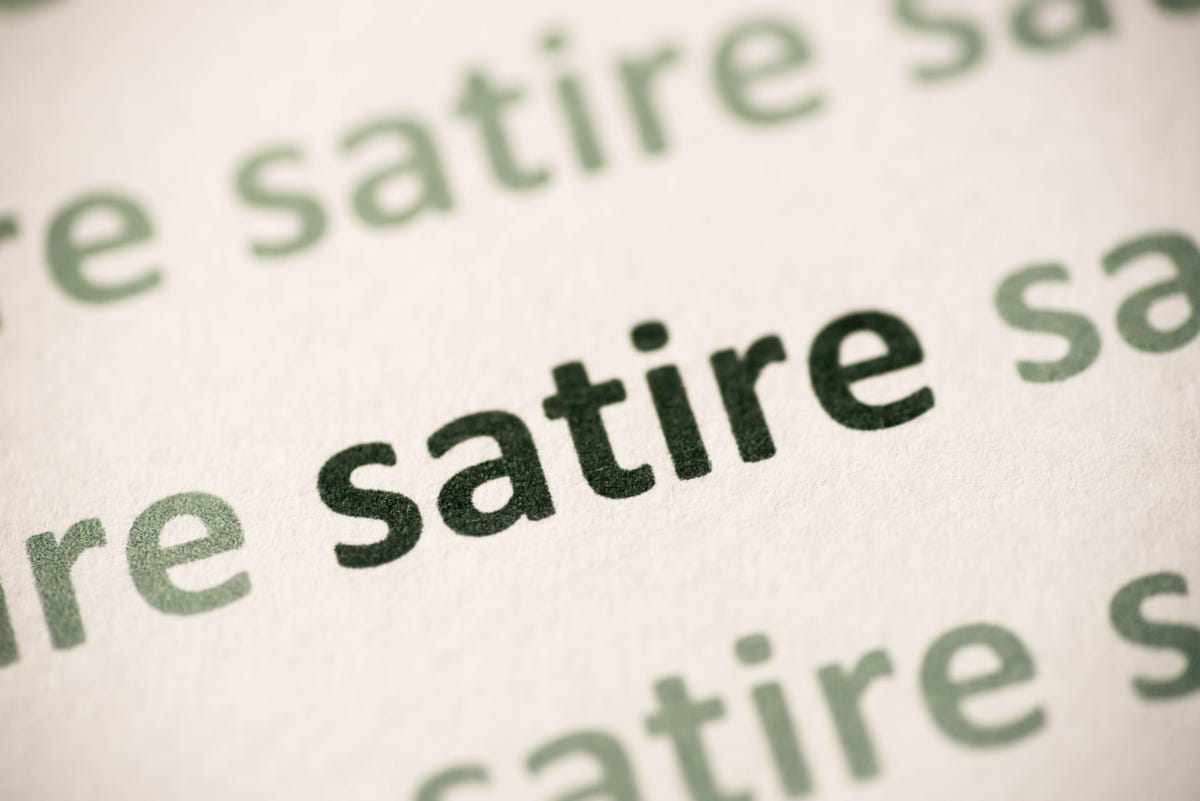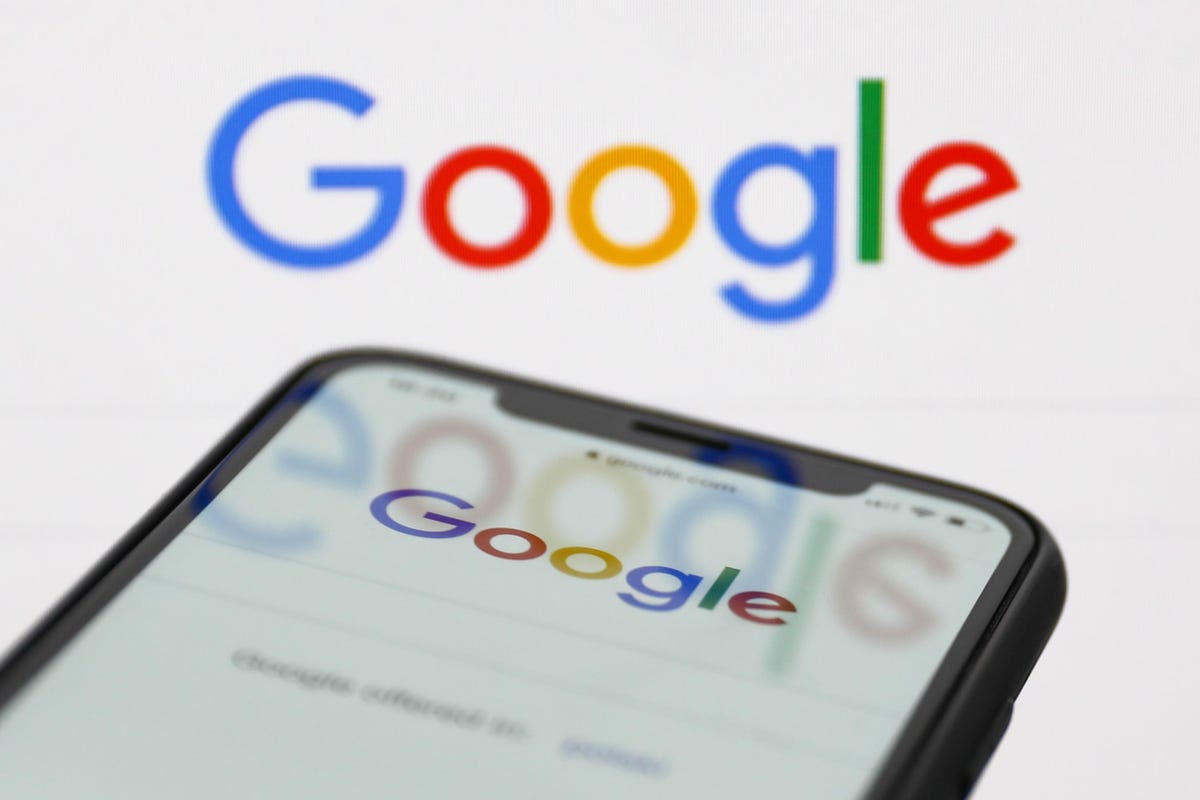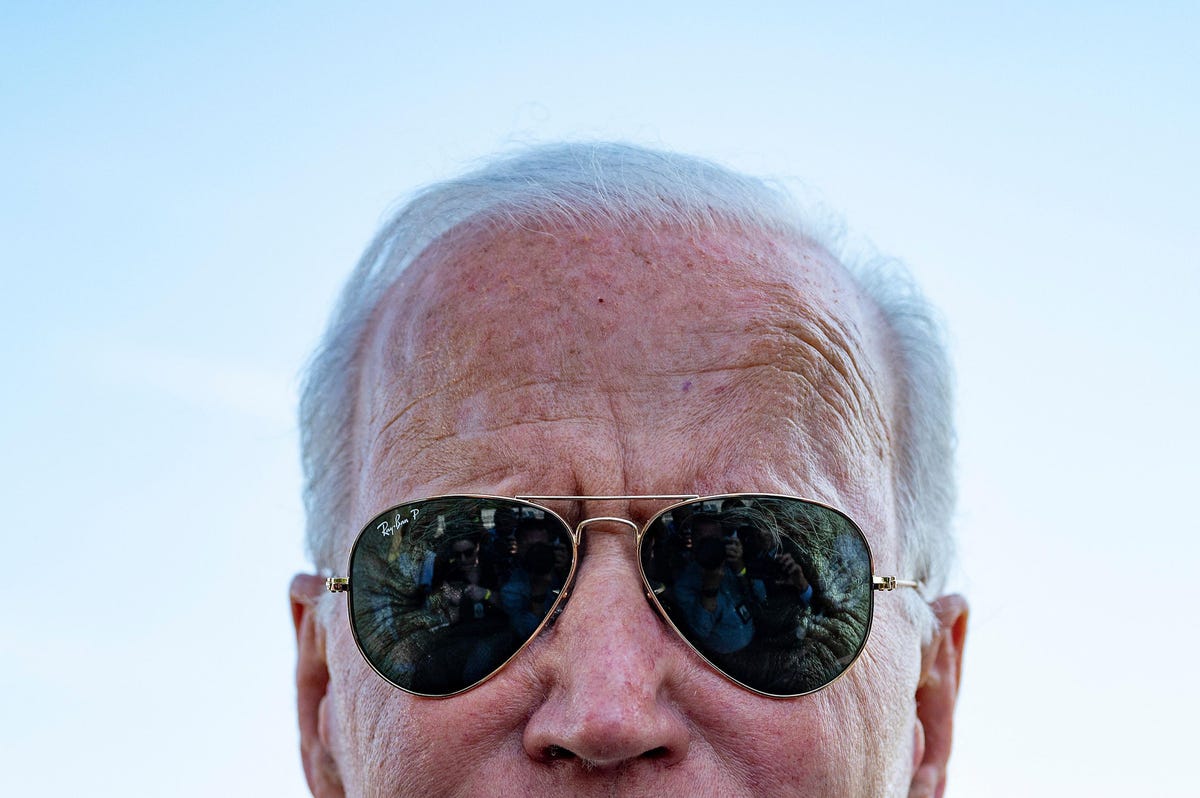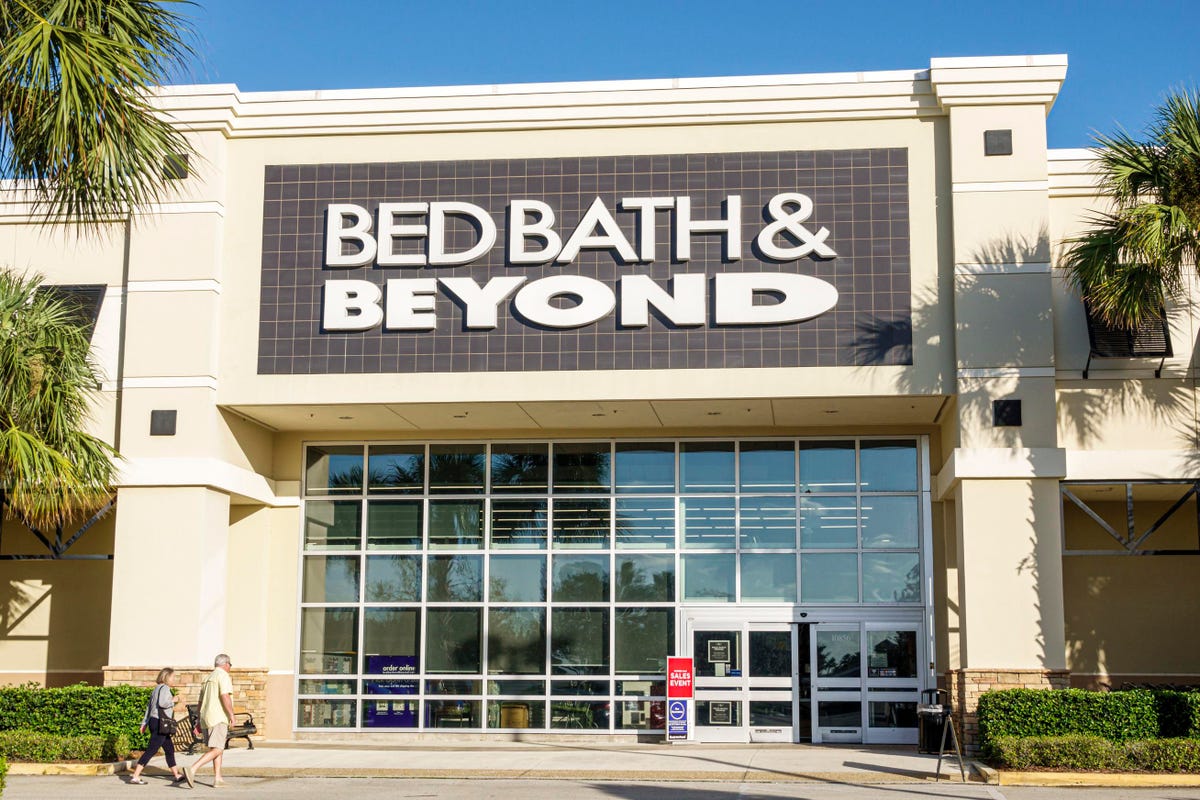Why are we so divided? Whether or not it’s the warfare in Ukraine or Covid or the 2020 U.S. election or Black Lives Matter or abortion, it appears like there have by no means been such nice divisions in society.
I lately had a chance to talk with Daryl Davis, a blues, jazz, rock, and swing musician who performed for Chuck Berry for 32 years. He’s additionally a black man who has satisfied 200 members of the KKK that racism simply doesn’t make sense. And Davis, who I spoke to together with different social community Minds.com CEO Invoice Ottman, has some concepts about what permits extremism to flourish.
Fb, Instagram, and Twitter icons
“It’s when the dialog ceases that the bottom turns into fertile for violence,” Davis says on the TechFirst podcast. “A missed alternative for dialogue is a missed alternative for battle decision … in the event you spend 5 minutes along with your worst enemy, you’ll discover one thing in frequent. And that chasm, that hole begins to slim. Spend one other 5 minutes, you discover extra in frequent and it closes in additional.”
There’s a robust notion amongst individuals who establish with the suitable facet of the political spectrum that the most important social platforms from massive tech corporations censor or restrict their political speech. Former president Donald Trump launched a category motion lawsuit towards Fb, Twitter, and YouTube final 12 months, and tens of 1000’s of People submitted examples of what they thought of to be proof. Elon Musk has slammed Twitter’s alleged “robust left wing bias.”
Whether or not they’re proper or not, there’s little question that Fb and different social media giants are intervening increasingly within the content material they publish, whether or not gun possession second-Modification posts or information about how to access abortion pills in a submit Roe v. Wade world.
A Fb good friend who doesn’t appear insane commonly shares situations of the place Fb deletes or hides her content material.
Fb is actively looking and deleting or hiding content material that violates its requirements.
In lots of instances the explanations appear foolish or arbitrary, like an AI that doesn’t actually perceive the content material or get the joke. One exhibits a floating tent, captioned “Floating tent sleeps 4 and affords a cool new strategy to die whereas tenting.” Different deletions appear extra comprehensible, just like the thumb with a face on it and a string tied round in a form like a noose: it’s not explicitly about lynching, but it surely’s clearly aspiring to evoke that imagery. Poor style, probably offensive, a nasty joke, however is it censor-worthy?
Fb additionally typically simply will get it flawed:
“My account has been restricted,” one other good friend lately said. “Somebody posted how cockroaches have been beneath the benches in HB and I wrote ‘Burn all of them down.’ I meant the bugs, however okay Fb. Lol.”
However whereas there’s the mistaken and the comical, there’s additionally the Covid deniers and the anti-vaxxers and the election conspiracy theorists. Deciding at which level to censor or not appears agonizingly arduous, if not unattainable.
Elon Musk, whose deal to “save free speech” and hunt the bots on Twitter by shopping for the platform has fallen by due to — based on Musk — the bots on Twitter, had a special customary. Because the authorized wrangling round that phrases of his extrication from his authorized obligations begins, it’s value contemplating that customary: the regulation.
That’s persuasive to a level, but it surely additionally has dangers. One of many reasons Facebook implemented Covid misinformation insurance policies is to save lots of lives. As we will see within the current Highland Park taking pictures and January 6 violence, misinformation about political realities may also value lives. And that misinformation is created and unfold far quicker than any regulation might truly be codified and enforced. So it’s comprehensible that social media networks have felt it essential to take motion.
However the query is: does social media censorship feed extremism?
In different phrases, by banning issues they take into account false or harmful, do the massive social platforms truly make the social drawback worse, maybe like a gated group creating an island of privilege in an ocean of poverty?
Invoice Ottman thinks so, regardless of the truth that he believes some illegal content material must be censored.
“What do you anticipate in the event you throw somebody off an internet site, the place do they go?” the Minds.com CEO asks. “Effectively, you simply must comply with them and also you see that they go to different smaller boards with much less range of concepts, and their concepts get strengthened they usually compound.”
That makes intuitive sense, after all.
Persons are inherently social, more often than not, and if they will’t communicate their minds on Twitter or Fb or YouTube, they’ll discover Reality Social or Rumble or Gab or Gettr. Or a Telegram channel that may’t simply be censored, or any of dozens of right-wing or conservative shops … or left wing, if that’s their persuasion.
The issue is that after they get there, they could simply arrive in an echo chamber of concepts that lead them down the rabbit gap of increasingly extremism.
“On Minds, we do have fairly robust range of thought,” Ottman says. “And so we’re an alternate discussion board the place individuals do go typically after they get banned. However I wouldn’t say their views are essentially amplified after they come as a result of we do have range of opinion.”
I imagine that’s the aim, however I haven’t personally seen that on Minds, I’ve to say.
In trending tags round #humor, I see a meme about why Biden hasn’t been assassinated but: “In case you puzzled why somebody shot Shinzo Abe however not Sleepy Joe … Professionals have requirements.” A advisable account has a meme about Trump Towers being the brand new Florida Guidestones providing strategies about how you can depopulate authorities, taking part in on the current Georgia Guidestones monument destruction. And in my temporary expertise on the positioning, something not pro-Trump is met with important anger and invective.
However maybe that simply proves the purpose.
Holding completely different, offensive, and even flat-out flawed individuals on platforms like Fb and YouTube and Twitter is perhaps a manner to make sure that they at the very least often see a glimpse of other actuality bubbles, and supply us an opportunity to speak. Particularly if the algorithms that run social platforms are redesigned to not simply present us extra of what we like so we keep on the platform and earn extra advert income for its house owners but in addition present us completely different viewpoints.
Which runs the danger, after all, of creating the platforms a residing hell for many who don’t need to be confronted by extremist, nasty, or simply ill-informed opinions on a regular basis. (Anybody else considerably lower their time on Fb pre and submit 2020 U.S. election?)
Davis thinks that may discomfort is perhaps a worthwhile sacrifice … if we will modify our viewpoint on what offends us.
“I’m up the mindset that I can not offend you. You’ll be able to solely enable your self to be offended,” he says. “Folks say numerous offensive issues. And whether or not I need to be offended by it or not is as much as me.”
Will allowing that offensiveness that we will attempt to not be offended by heal among the divisions in society?
It’d at the very least assist scale back extremism, Davis thinks.
“I don’t suppose kicking individuals off of Twitter or Fb, no matter, causes extremism. I believe what it does is it causes them to maybe comply with a path that will result in extremism. The extremism already exists, they usually’re on completely different platforms and completely different areas. And, you understand, whenever you get kicked off of one thing, you go some place else. And it’s fairly attainable that you just would possibly go in that course to someplace the place it already exists, and it embraces you and welcomes you and amplifies you.”
Subscribe to TechFirst here, or get a full transcript of our conversation.






